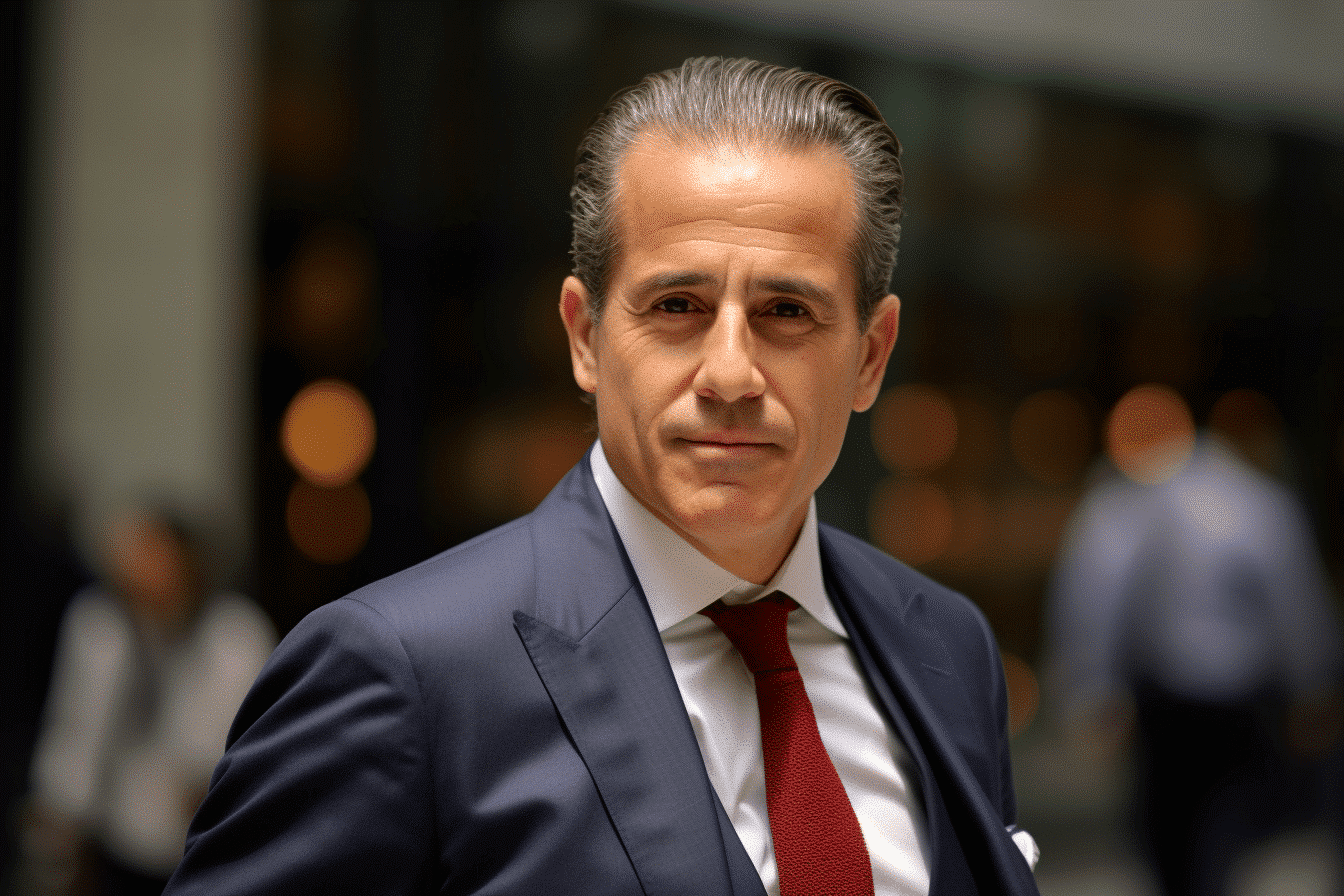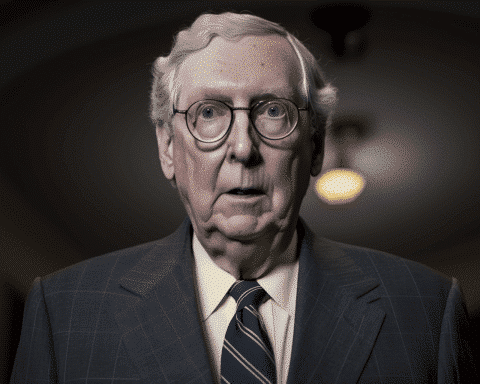Hunter Biden, the son of President Joe Biden, entered a not-guilty plea in response to three federal firearm allegations that came to light after a prior agreement fell through. This development potentially paves the way for a trial in 2024, coinciding with his father’s reelection bid.
He is accused of being untruthful regarding his drug usage in October 2018 when acquiring a firearm, which he retained for roughly 11 days. A conviction could result in a sentence of up to 25 years in prison. In the courtroom, when Magistrate Judge Christopher Burke queried about his comprehension of the charges, Hunter Biden responded, “Yes, Your Honor.”
Abbe Lowell, Hunter Biden’s attorney, announced intentions to submit a motion seeking dismissal of the allegations based on constitutional grounds.
“Mr. Biden pleads not guilty to the three counts that have been brought against him,” stated Lowell to the magistrate.
While Hunter Biden has confessed to battling a crack cocaine addiction around 2018, his legal representatives assert no laws were broken. Legal actions like this, targeting drug users in possession of firearms, are uncommon, and a higher court has deemed the underlying law as potentially infringing on the Second Amendment based on recent Supreme Court interpretations.
The presiding judge mentioned on Tuesday that drug tests have consistently shown Hunter Biden to be drug-free.
The defence contends that the charges might result from political motivations, suggesting that GOP pressures might have influenced the prosecutors.
Following the hearing, Hunter Biden exited the courthouse, entered a black SUV, and departed. Pretrial motion submissions are due by November 3, and his release conditions stipulate abstinence from drugs and alcohol, mandatory drug screenings or addiction counselling if necessary, and sustained employment.
Previously, Hunter Biden had agreed to plead guilty to minor tax offences, ensuring immunity from the firearm charges if he remained out of legal trouble for two years. This agreement emerged after extensive federal scrutiny of the president’s son’s business activities. However, the deal became questionable after a judge raised concerns regarding its terms.
The case’s future remains uncertain with the appointment of a special counsel. While Hunter Biden faces the three firearm allegations, other potential tax-related charges are pending.
David Weiss, who oversees the prosecution, opposes the defence’s assertion that an immunity provision from the collapsed agreement still protects Hunter Biden. Weiss, also the U.S. attorney for Delaware, was an appointee of former President Trump.
House Republicans in Congress aim to connect Hunter Biden’s actions with his father, President Joe Biden. Their focus has been on Hunter Biden for quite some time, dating back to when Joe Biden was Vice President under Barack Obama. Despite ethical concerns regarding the Bidens’ global business ventures, no concrete evidence has surfaced to implicate Joe Biden in any misconduct or bribery in his present or past roles.
This legal battle is projected to extend into 2024, as Republicans seem intent on shifting attention away from the multiple charges against Trump.
Recently, after a prolonged silence, Hunter Biden has been proactive legally, initiating several lawsuits related to alleged leaks of personal details from his computer and tax records by IRS whistleblowers.
For the recent hearing, Hunter Biden, residing in Los Angeles, requested a virtual appearance. However, Judge Burke, siding with the prosecutors, decided against “special treatment.”
The intricate web of legal and political battles surrounding Hunter Biden symbolizes the polarized state of American politics today. As the Biden family faces scrutiny, the country awaits clear answers, hoping that justice will be impartial and based on evidence rather than political motivations. The coming months promise a deeper dive into these issues, shedding light on the truth and its implications for the political landscape.




